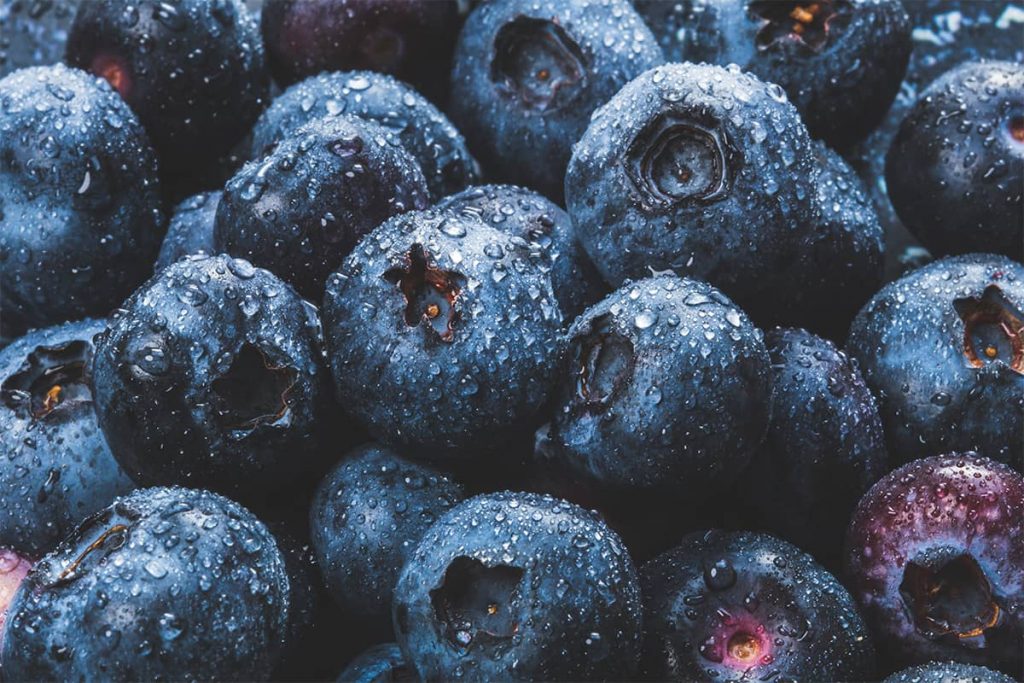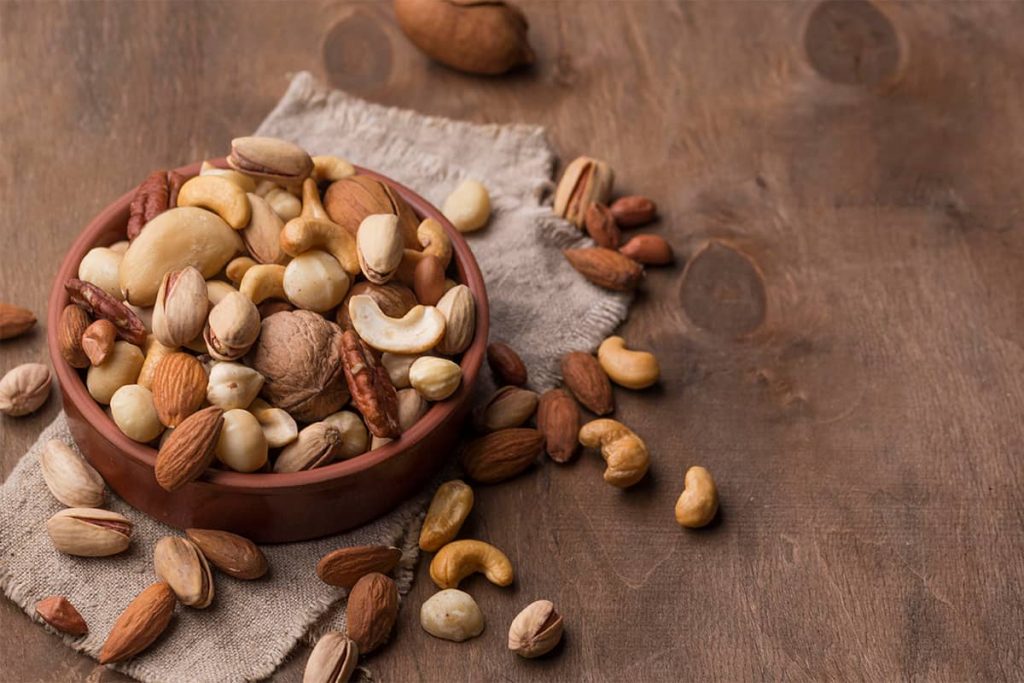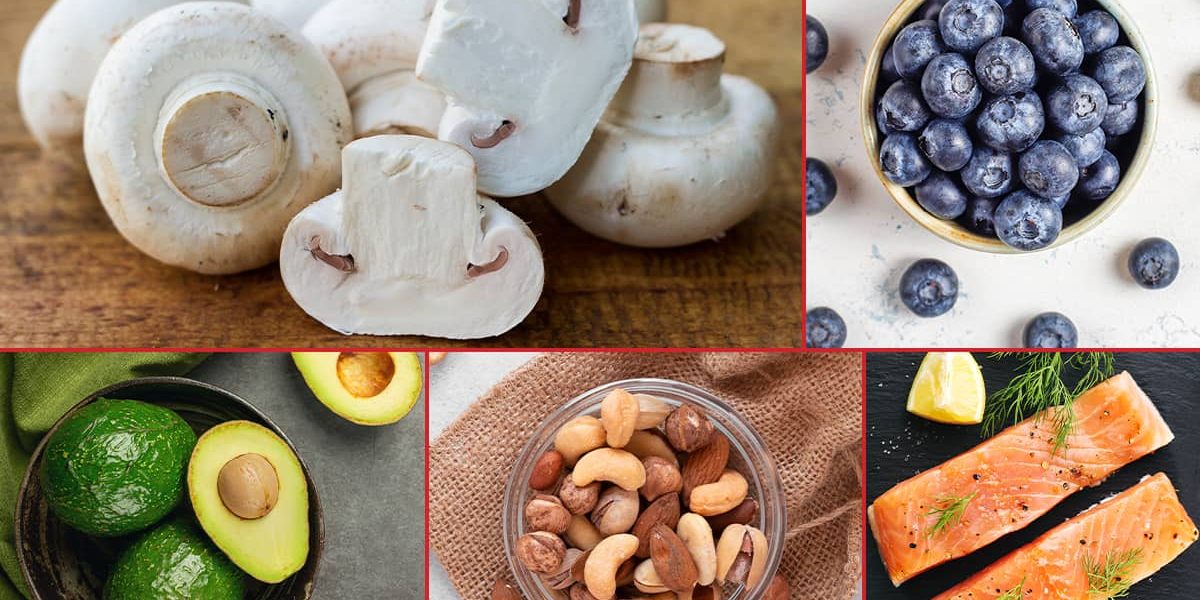What are superfoods?
Superfood is a rather new and quite trendy term, which refers to foods that carry plenty of nutritional benefits, while also having less calories. Some consider that this is only marketing, while many say that they are the key to a healthy life. So, let’s see what superfoods are and why consuming them is beneficial.
Superfoods are healthy, nutrient-rich foods. Nevertheless, there is no precise definition to what a superfood is, and there are no defined criteria as to what can and what can’t be a superfood.
Superfoods contain a multitude of valuable nutrients, such as protein, vitamins, minerals, enzymes, antioxidants, good fats, essential fatty acids, amino acids, and phytochemicals (chemicals present in plants, responsible for their deep colors and smell).
What makes them superfoods?
Although there is no rule to tell which foods can and which can’t be superfoods, some of them make the superfood list because they have constituents with extraordinary health benefits, which are good for our health by themselves, too, but combined they make for an exceptional source of nutrients. These foods are usually especially rich in vitamins, minerals, and trace elements, which contribute to the prevention of numerous illnesses and can help us improve and maintain our overall health.
Aside from being a great source of nutrients, another great advantage of superfoods is that they are much more accessible than we’d think, especially in summer, when there are so many seasonal fruits and vegetables for us to choose from every day. They are not capable of making miracles happen, but they definitely help prevent illnesses, as they strengthen our health.
Why consume superfoods?
Because one food can’t provide all the necessary nutrients our body needs, having a diverse diet is the best way for us to give our body as many nutrients as possible. Superfoods contain many essential nutrients, and in a larger amount than most fruits and vegetables alone.
Moreover, most superfoods are a great source of antioxidants, meaning they can boost our immunity, protect our cells from the negative effects of oxidative stress, and have anti-cancer properties.
In the following, we have selected 5 popular and easily obtainable superfoods:
- Mushrooms
Mushrooms have many wonderful health benefits, such as having antioxidant, antibacterial, and immune-boosting properties. They contain dietary fiber, which is linked to improving cholesterol levels and heart health, as well as boosting the immune system. Moreover, they are foods packed with protein.
Many mushrooms contain lots of antioxidants, such as ergothioneine, selenium, vitamins A and C, and beta-carotene, which can help reverse the negative effects of free radicals. Aside from that, they are a great source of vitamin D, which is good for the immune system and helps maintain the health of bones.


- Blueberries
Blueberries are one of the more nutrient-rich berries, while also being made of about 85% water, thus having few calories. They are one of the fruits with the highest level of antioxidants, which contribute to having lower LDL cholesterol levels, thus reducing the risk of heart disease together with flavonoids.
Oxidative stress can accelerate the aging process of the brain, negatively influencing its function, but antioxidants in blueberries can help maintain healthy brain function and they can also help improve memory.
Blueberries don’t contain much sugar, but they are a good source of fiber, which means that their glycemic index is low, and, together with flavonoids, they can improve insulin sensitivity to help regulate blood sugar.
- Avocado
Avocados are seen as a superfood because they contain a lot of nutrients and antioxidants. They have folic acid, Omega 3, magnesium, potassium, copper, manganese, iron, lutein, and fiber, while also being rich in vitamins A, B, C, D, E, and K.
Omega 3 fatty acids found in avocados are good for reducing cholesterol levels and preventing certain heart conditions. Vitamins C and E help boost immune function, while also contributing to having healthier skin and hair. Lutein supports eye health. Vitamin D helps maintain strong bones, magnesium ensures that the nervous system is working appropriately.
Being rich in fiber, it helps maintain optimal bowel function, while also promoting detoxification.


- Nuts
Nuts are usually packed with fiber, nutrients and good fats. They do not contain sugar, and they have minimal amounts of carbohydrates, but they represent a great source of protein. Therefore, consuming nuts regularly can help maintain our health and energy level throughout the day, Fiber and magnesium in nuts help regulate blood sugar and insulin levels, reducing the risk of developing type-2 diabetes.
Almonds are a great source of vitamin E, which is good for heart health. Peanuts contain flavonoids with anti-cancer properties. Nuts contain ellagic acid, which also has anti-cancer properties. Brazil nuts are one of the best sources of selenium, which helps reduce the risk of heart disease and cancer.
- Salmon
Omega 3 fatty acids, vitamin B12, selenium, and choline found in salmon can boost brain function and help maintain a healthy nervous system. Together, omega 3, selenium, and vitamins A and D are key to improving our immunity, as well as reducing the risk of chronic illnesses.
Salmon is an exceptional source of protein, which also helps us lose weight because it is filling, while also containing less saturated fat than meat. The polyunsaturated fatty acids in salmon can help improve cholesterol levels, which reduces the risk of cardiovascular disease, while the potassium in it is a good blood pressure regulator.
Together, the polyunsaturated fatty acids and vitamin D found in fatty fish can help bone health, reducing the risk of osteoporosis and fractures.







